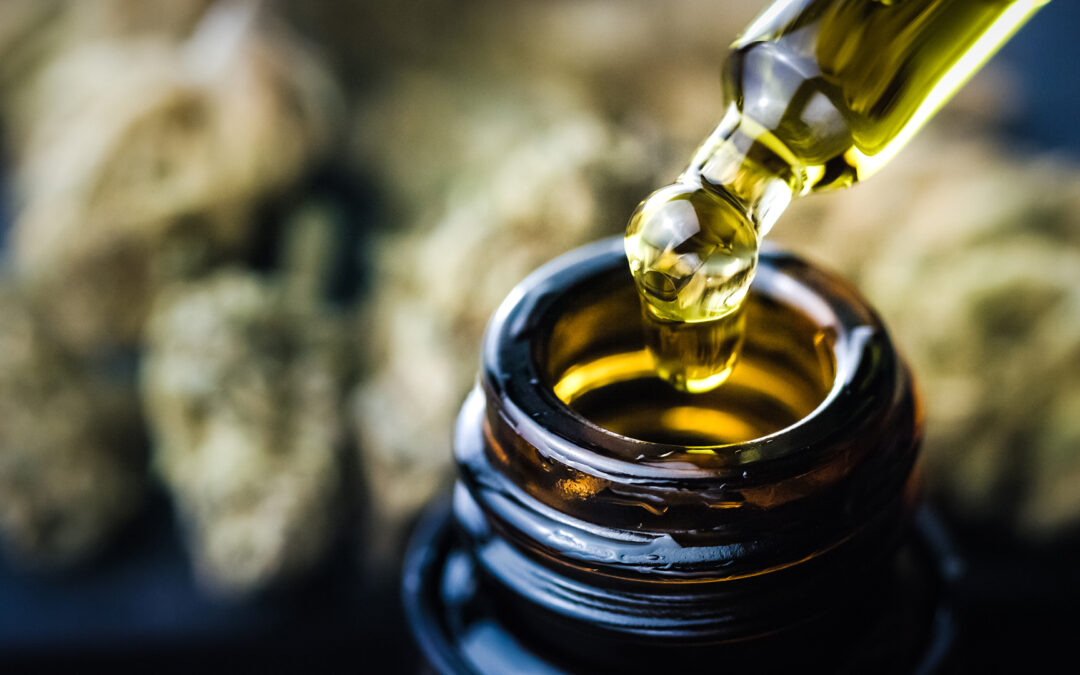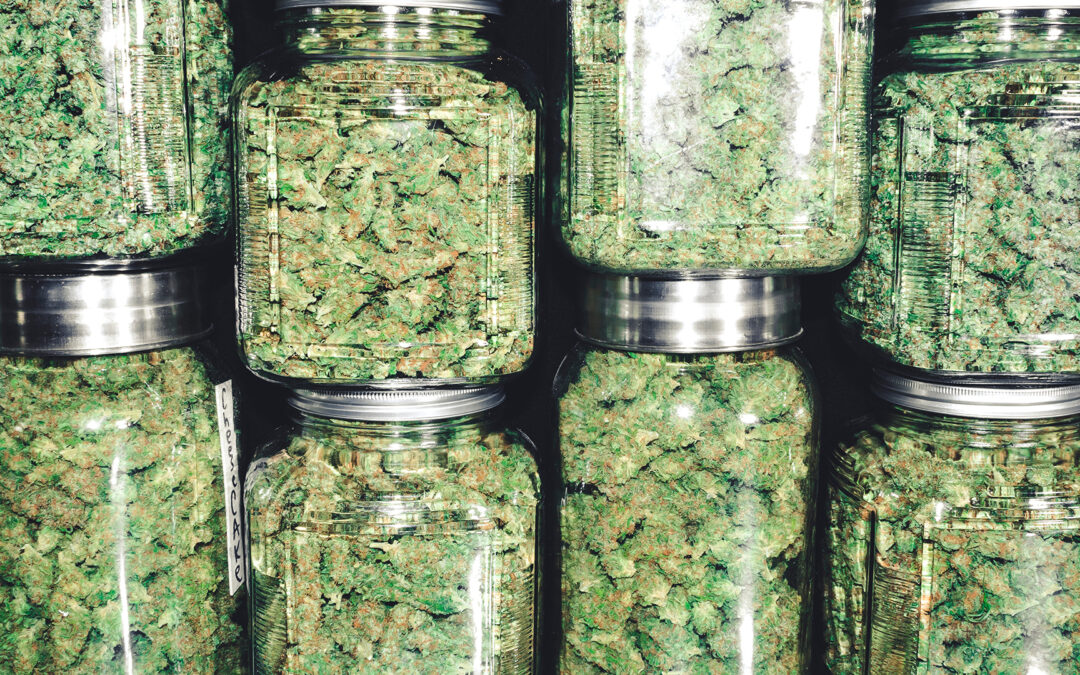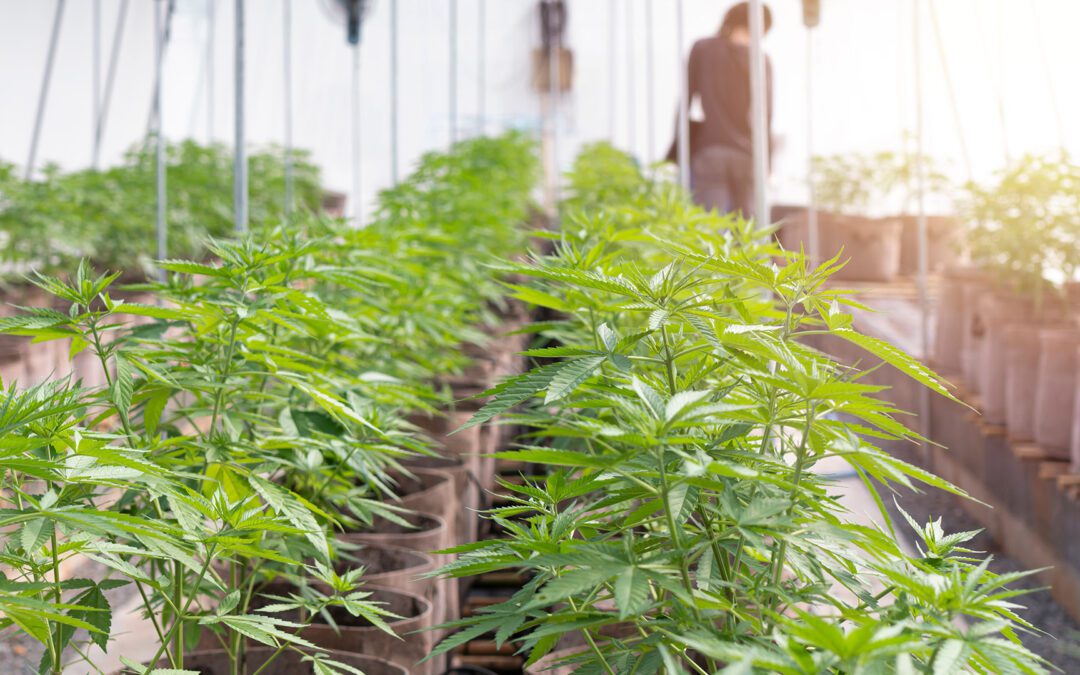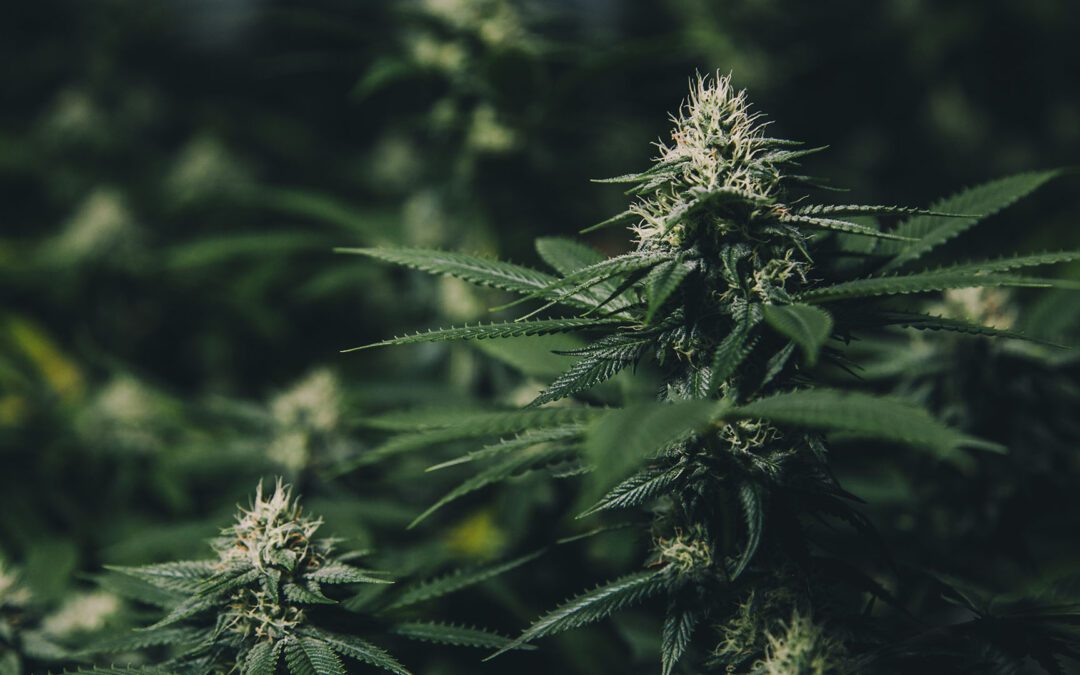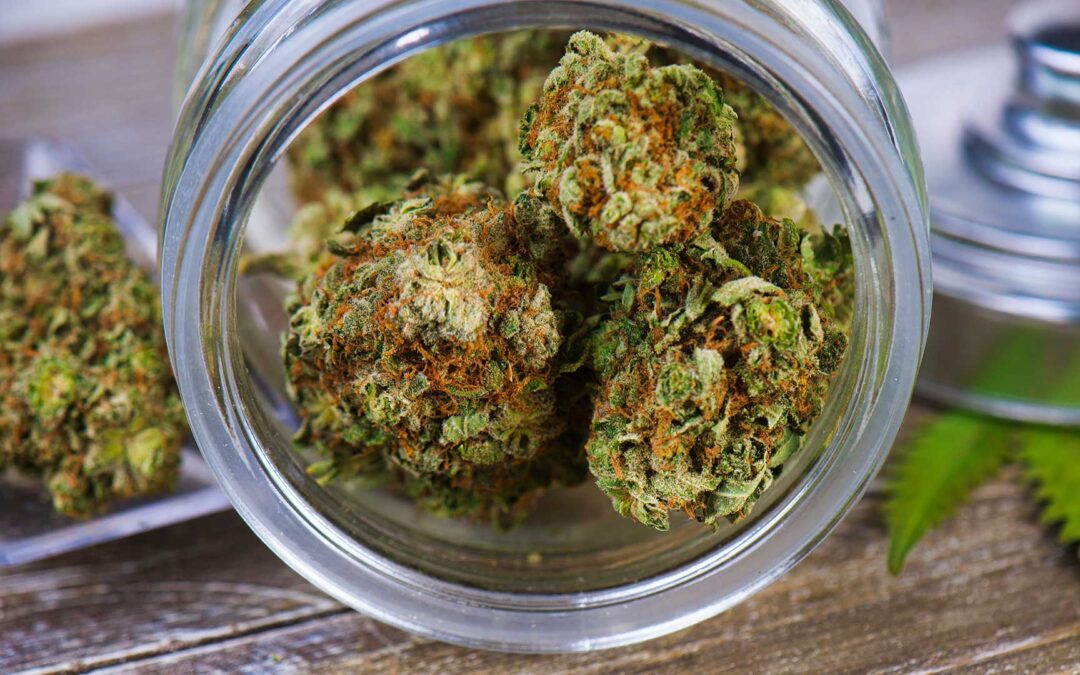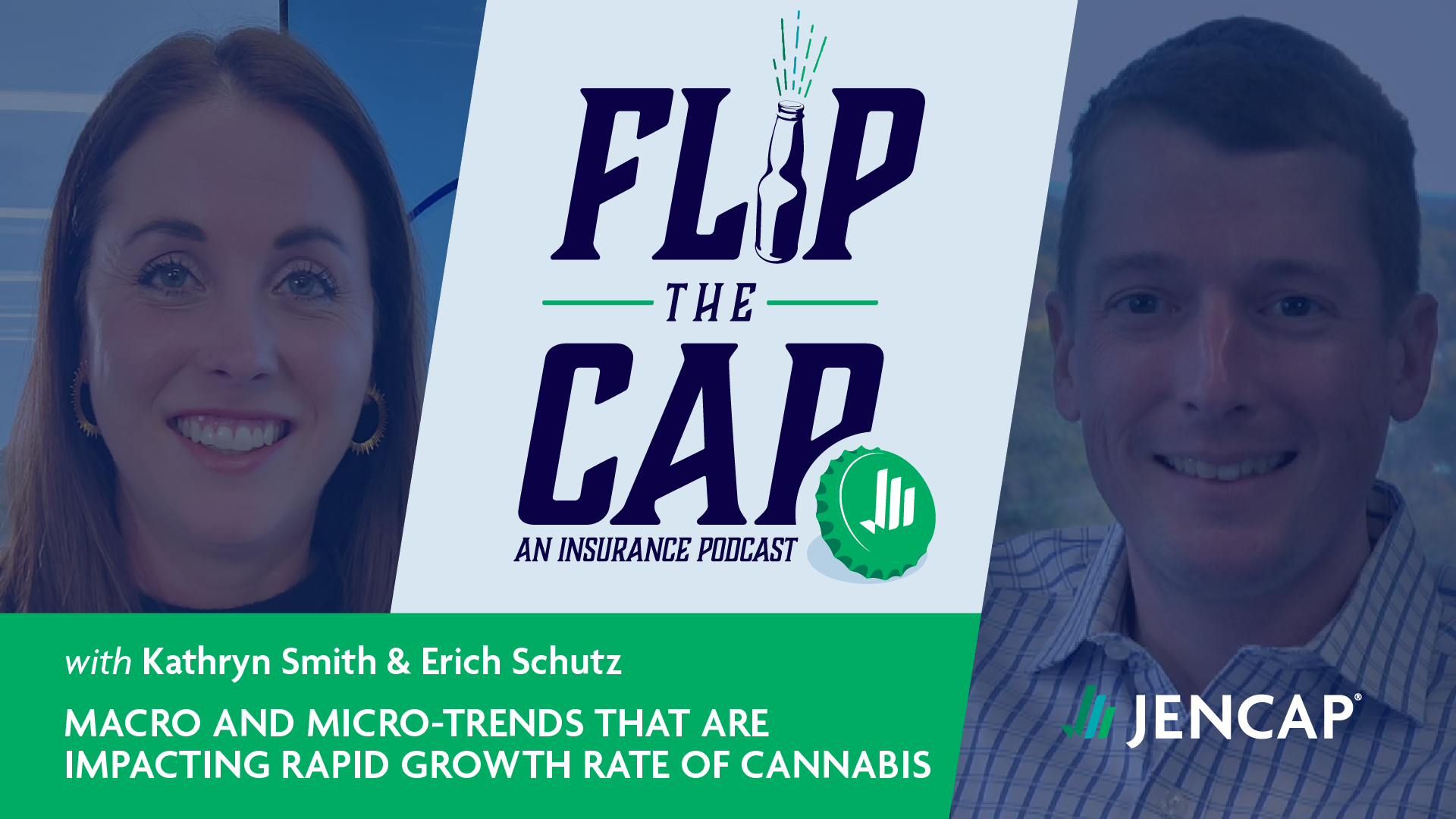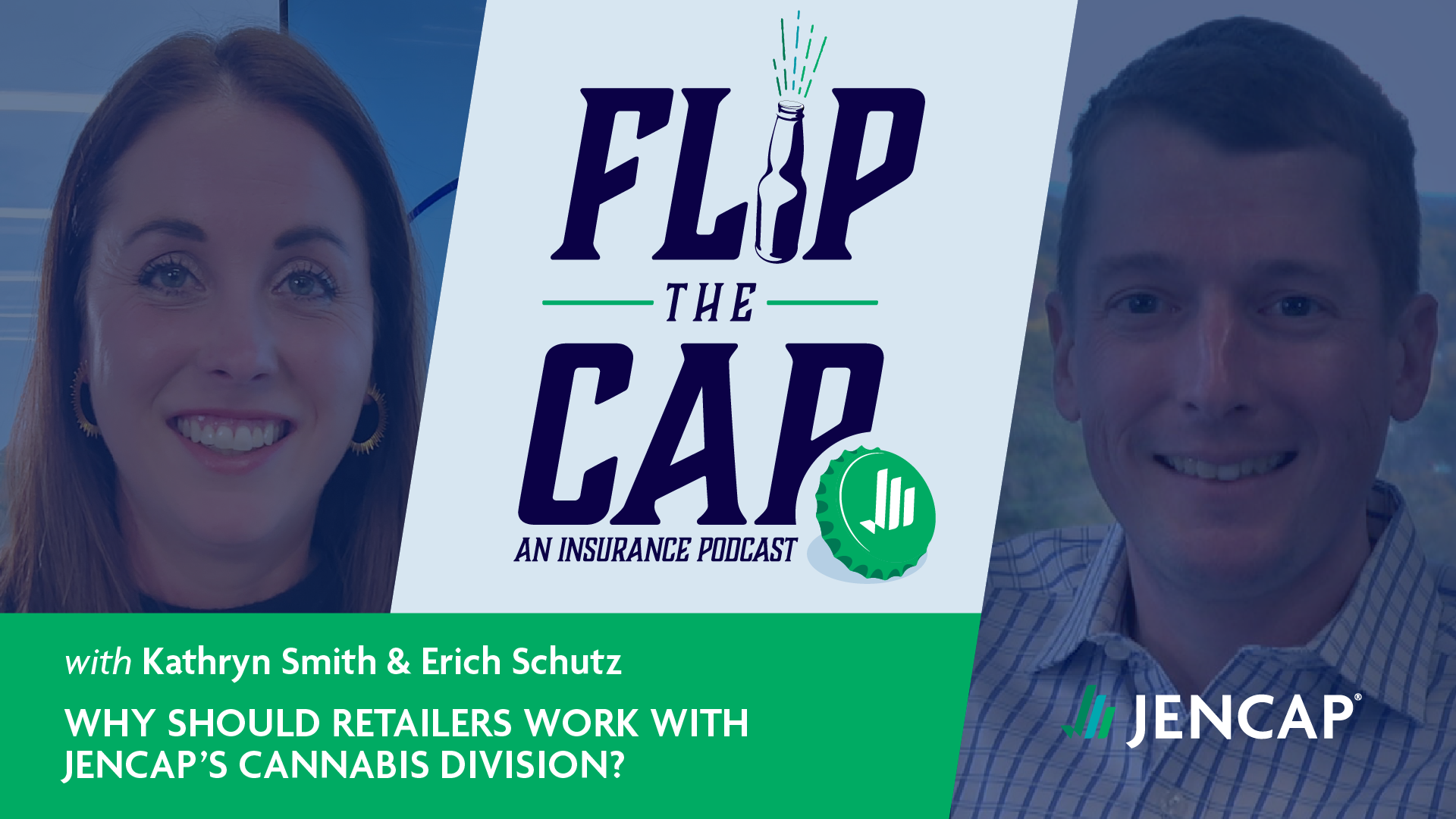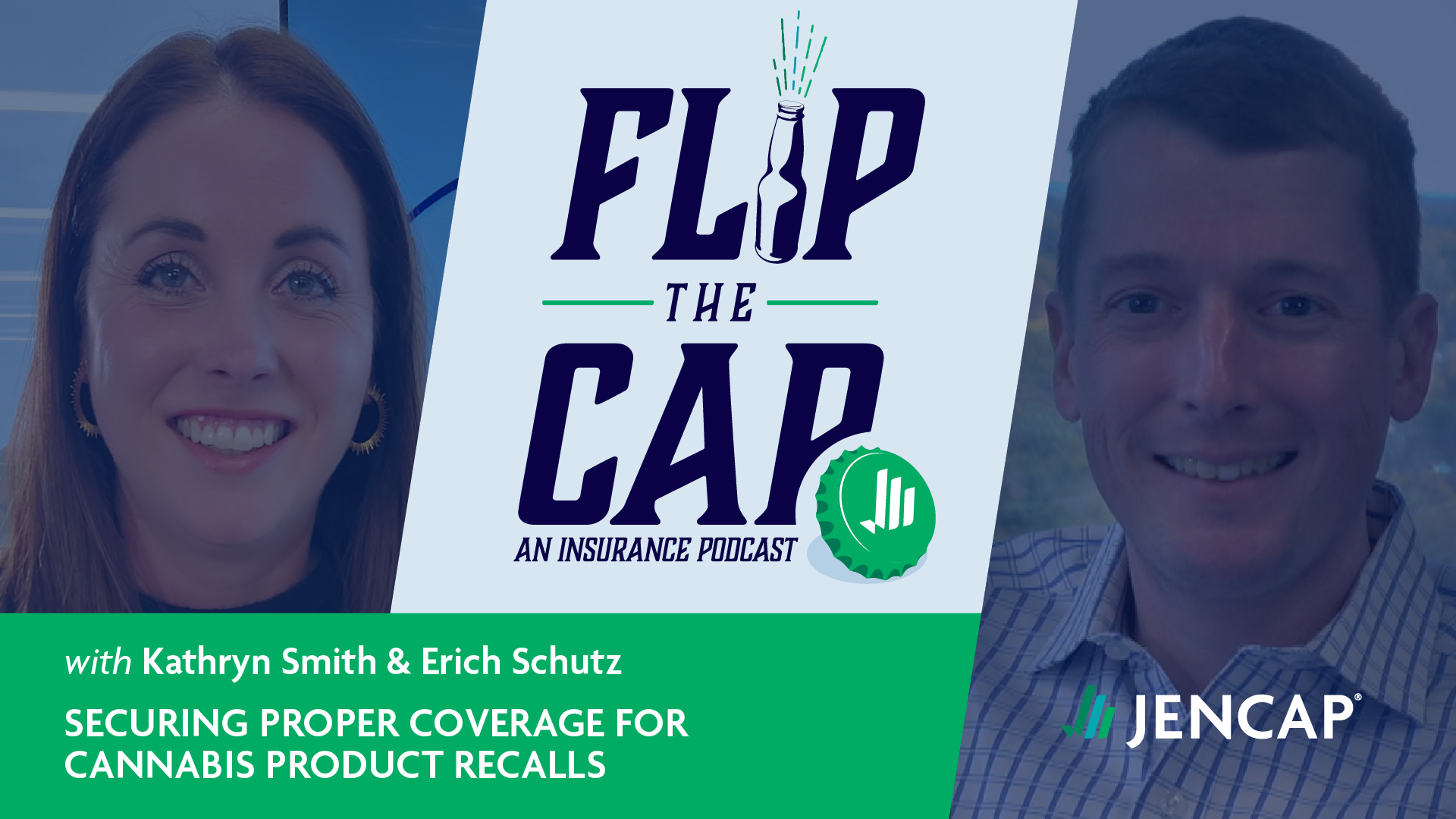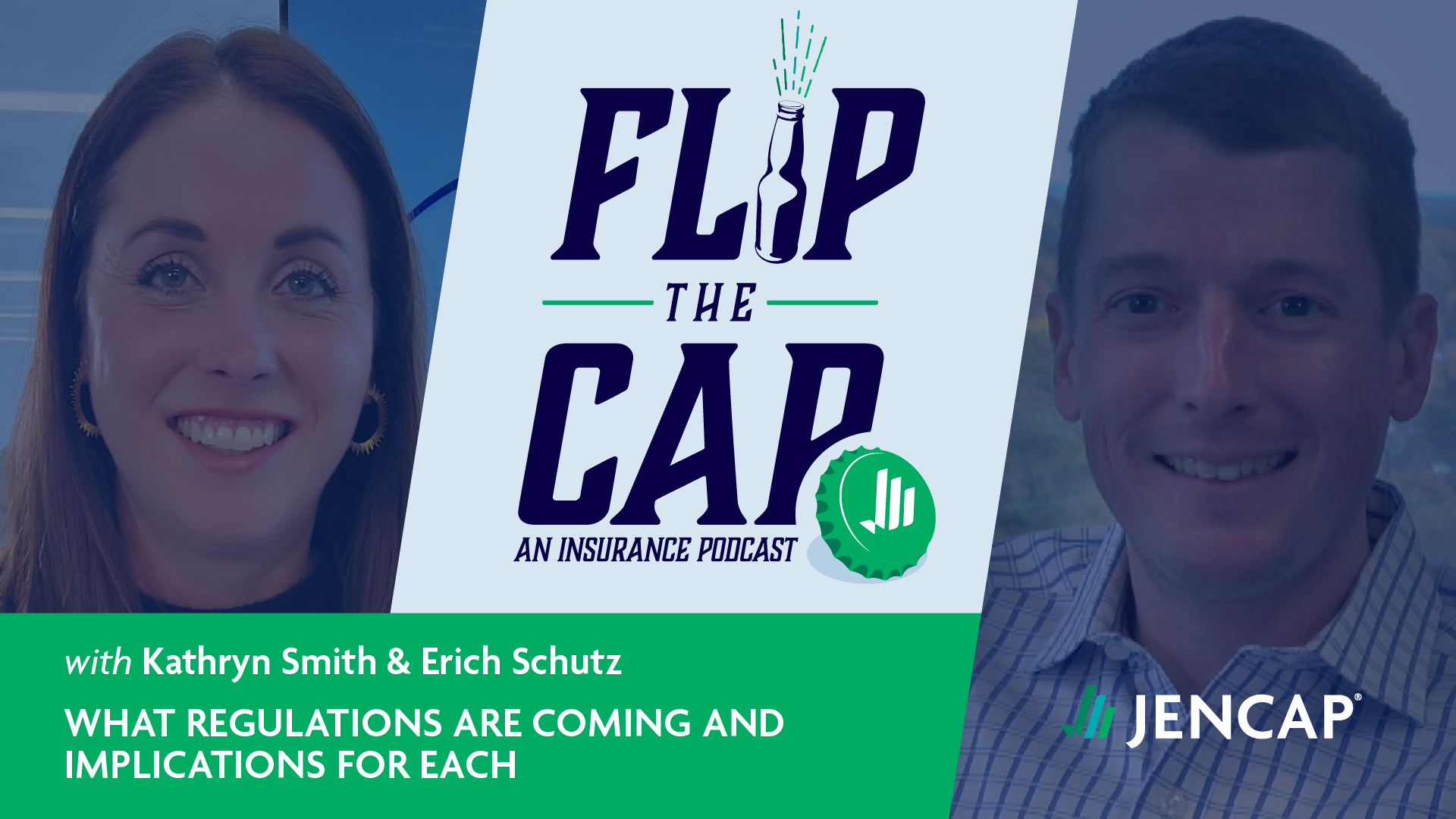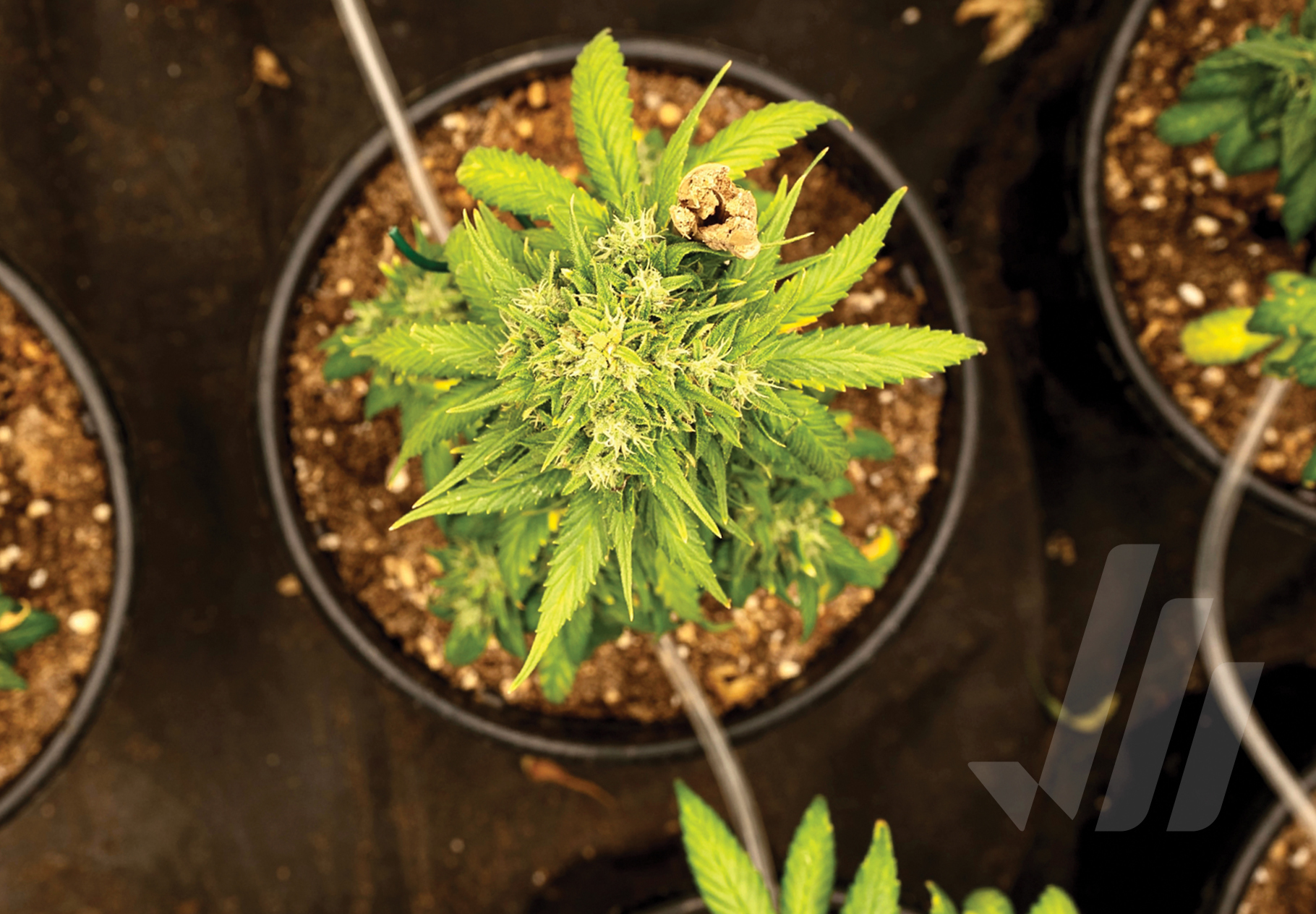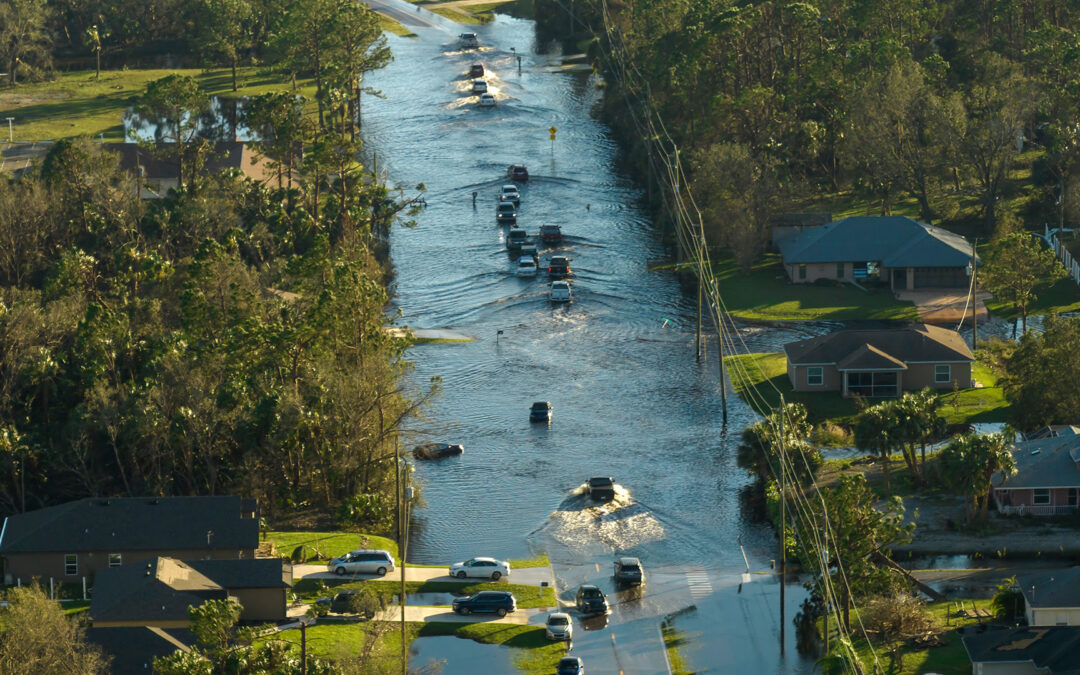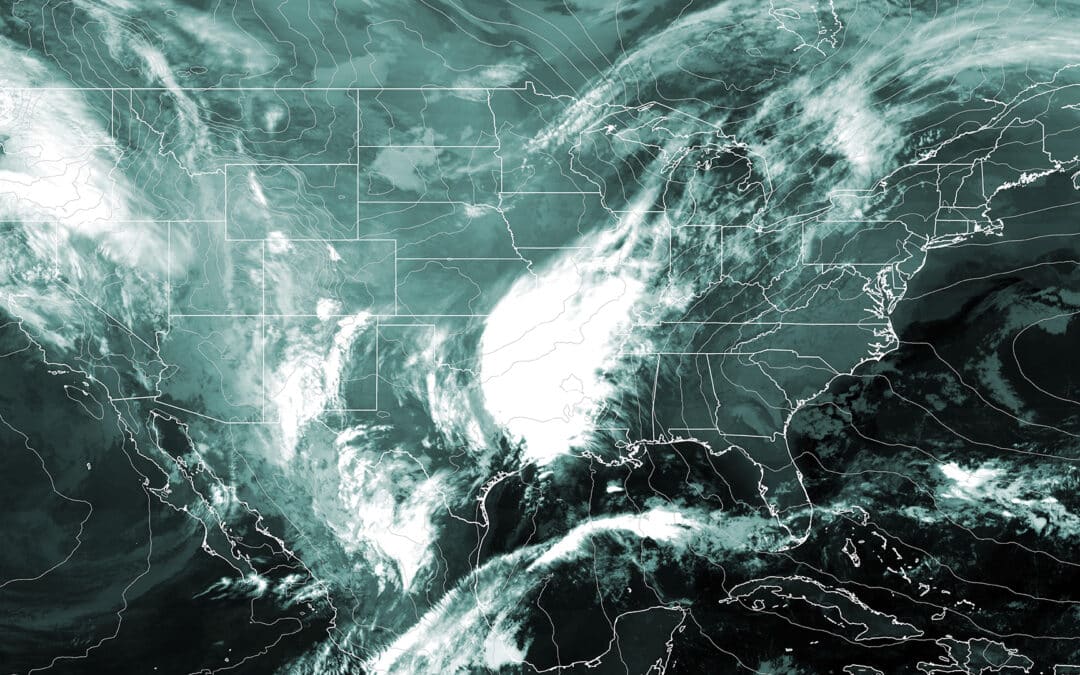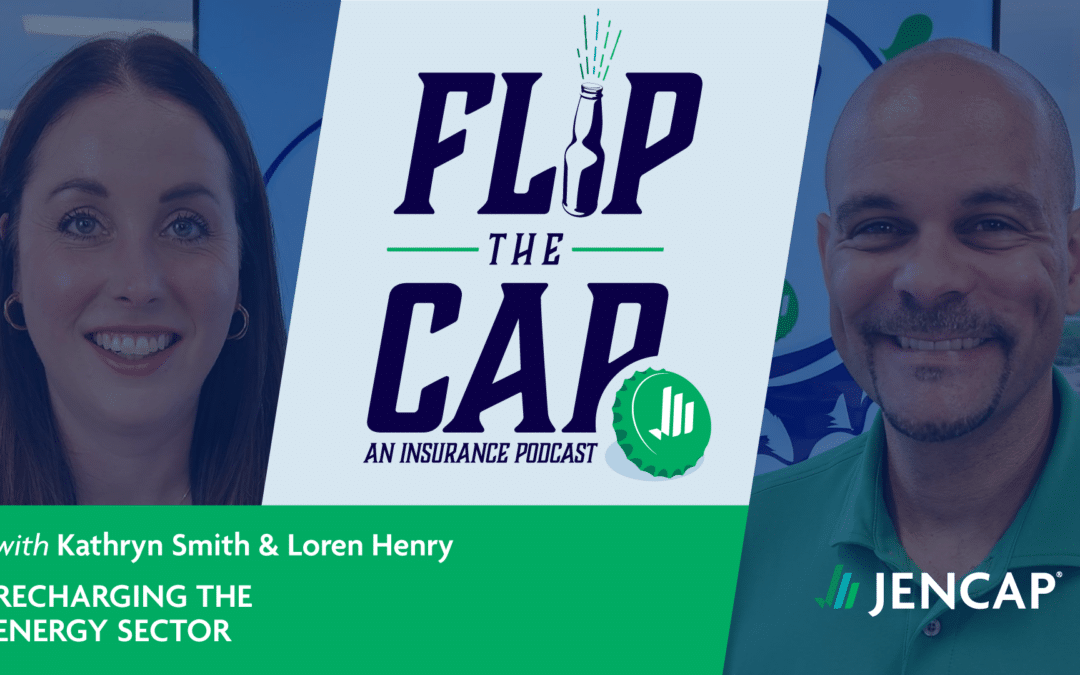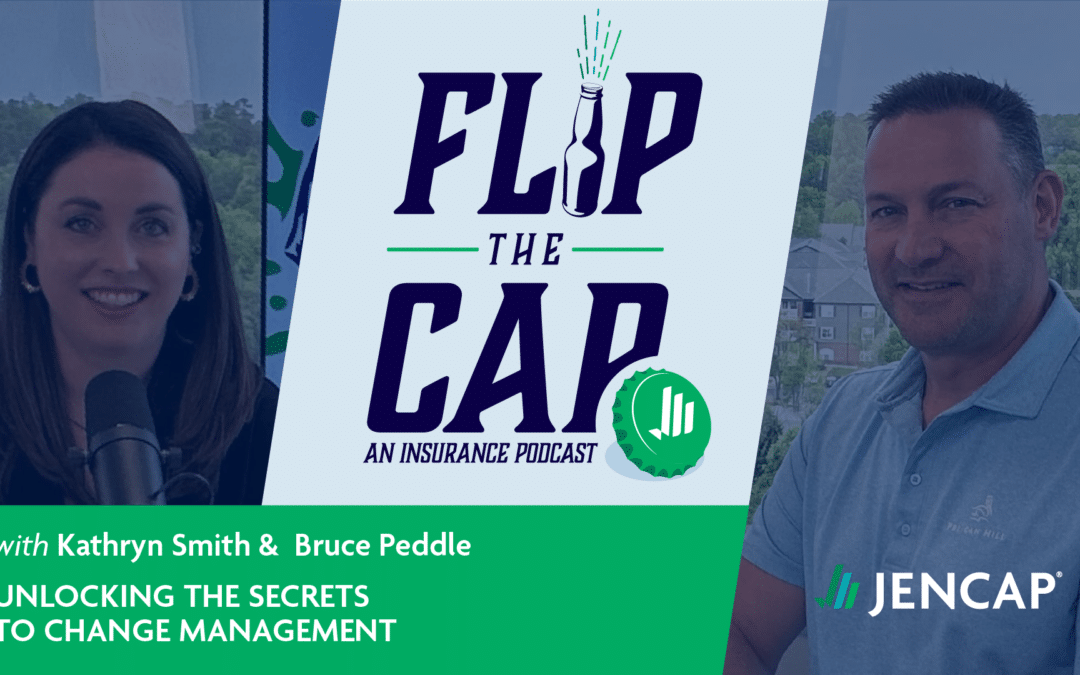In the ever-evolving landscape of cannabis, the conversation around product safety, quality control, and insurance coverage is more relevant than ever. With states across the country adopting varying degrees of legalization for hemp and marijuana, understanding the intricacies of these two segments of the industry is crucial to crafting the right policies for cannabis operations. Erich Schutz, Vice President and Cannabis National Practice Leader at Jencap, sheds light on this complex issue, offering a glimpse into the regulatory, safety, and market challenges that define three distinct sections of the cannabis market: low-hazard hemp, high-hazard hemp, and marijuana products.
In this blog, we delve into these distinctions and explore how they influence insurance policies and considerations.
Hemp vs. Marijuana: What’s the Real Difference?
Not all cannabis products are created equally. Savvy brokers—and even the general population, says Schutz—need to understand the varying degrees of risks associated with both hemp and marijuana because of the potential dangers related to the accessibility and consumption of intoxicating hemp products, such as those labeled under the guise of legal hemp, by unsuspecting consumers.
Let’s look at each of the three primary hazard levels within the cannabis market to understand what truly sets them apart.
Low-Hazard Hemp: A Safer Bet for Insurers
Low-hazard hemp products are non-intoxicating items that represent the milder side of the cannabis spectrum. Products in this space range from hand creams to chapsticks and deliver no intoxicating effects to the consumer. Schutz describes this segment as one of “the easiest risks to secure insurance for compared to other cannabis risks,” thanks to its adherence to the 2018 Farm Bill’s legal framework. For insurance carriers, low-hazard hemp presents a more attractive risk profile for two reasons: it doesn’t pose a threat to the consumer, and the legal status of these products is more straightforward than other cannabis types. As a result, insurance policies for low-hazard hemp businesses can be more in line with traditional agricultural or manufacturing business policies, covering areas such as crop insurance, general liability, property insurance, and workers’ compensation. Premiums and coverage options are generally more favorable for low-hazard hemp businesses due to the lower risk of legal and regulatory issues.
High-Hazard Hemp: A Complex Landscape
Conversely, high-hazard hemp products, such as Delta 8 THC and Delta 10, are derived from CBD and have intoxicating effects. Yet, they contain less than 0.3% Delta 9 THC by dry weight, legally classifying them as hemp—not marijuana—under current legislation. Schutz acknowledges the legal loophole that allows high-hazard hemp products to be sold despite their psychoactive properties. There are dangers of this unregulated market, where a lack of common policies and testing standards could lead to the sale of marijuana-like products to unsuspecting consumers, including minors. As a result, insurance considerations for high-hazard hemp businesses are complex. The lack of regulations and enforcement in this space creates a high probability for products to exceed legal THC levels, posing greater risks to unsuspecting consumers than its low-hazard counterparts. As a result, businesses that sell these products could face product recall, regulatory compliance, and liability claims, reducing their likelihood of securing adequate insurance coverage. The complexities of insuring high-hazard hemp products underscore the importance of collaborating with a knowledgeable cannabis insurance broker who can craft the right insurance plan with comprehensive protections for your business.
Marijuana: A Calculated Risk
According to Schutz, the controlled environment in which marijuana operates not only ensures consumer safety through rigorous testing but also lowers its risk profile for carriers compared to other cannabis operations. Crafting the right coverage for marijuana companies may be relatively more straightforward compared to hemp operations, especially in relation to the high-hazard hemp market. Tighter regulations and enforcement practices make marijuana businesses more straightforward to underwrite because carriers can more easily assess and manage the risks. Schutz contrasts this with the challenges in the hemp industry, particularly with high-hazard hemp, where a lack of regulation and standardization complicates insurance coverage due to increased risks and uncertainties.
Jencap, Your Cannabis Partner
At Jencap, our uniquely structured team offers unparalleled regional expertise, ensuring your business benefits from comprehensive coverage tailored to your client’s unique needs. We work cross-functionally to foster seamless communication, provide innovative insurance solutions, and deliver continuity to your clients’ businesses. From pollution products to unique cannabis coverages, our collaborative efforts are designed to secure the best coverage options for your clients. Request a quote today.
